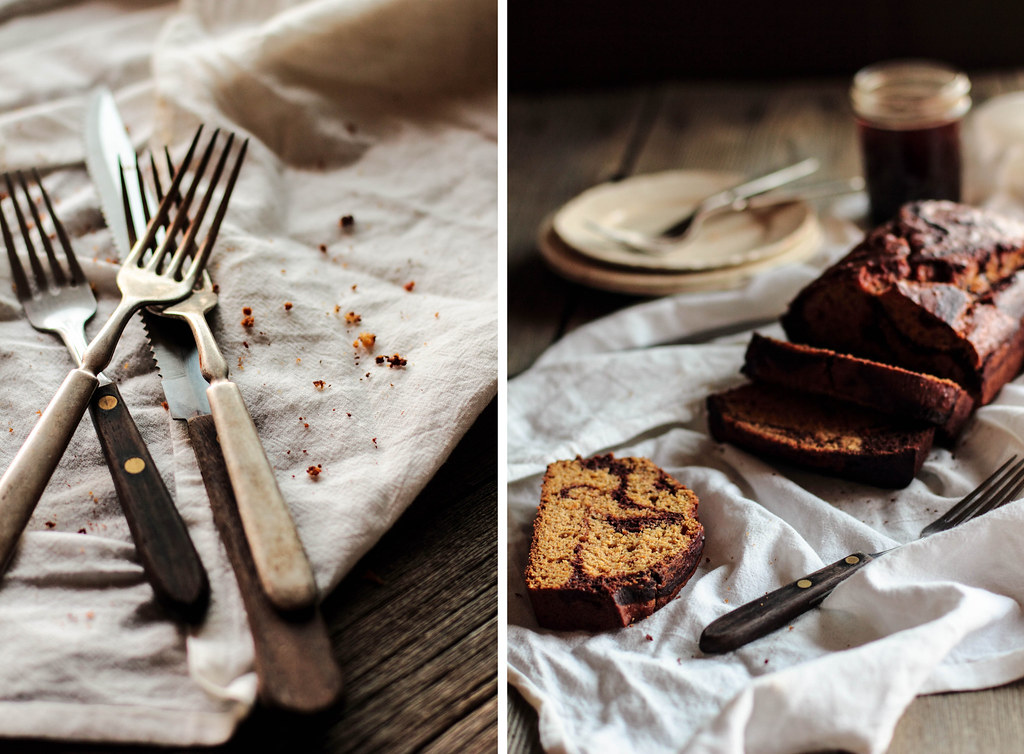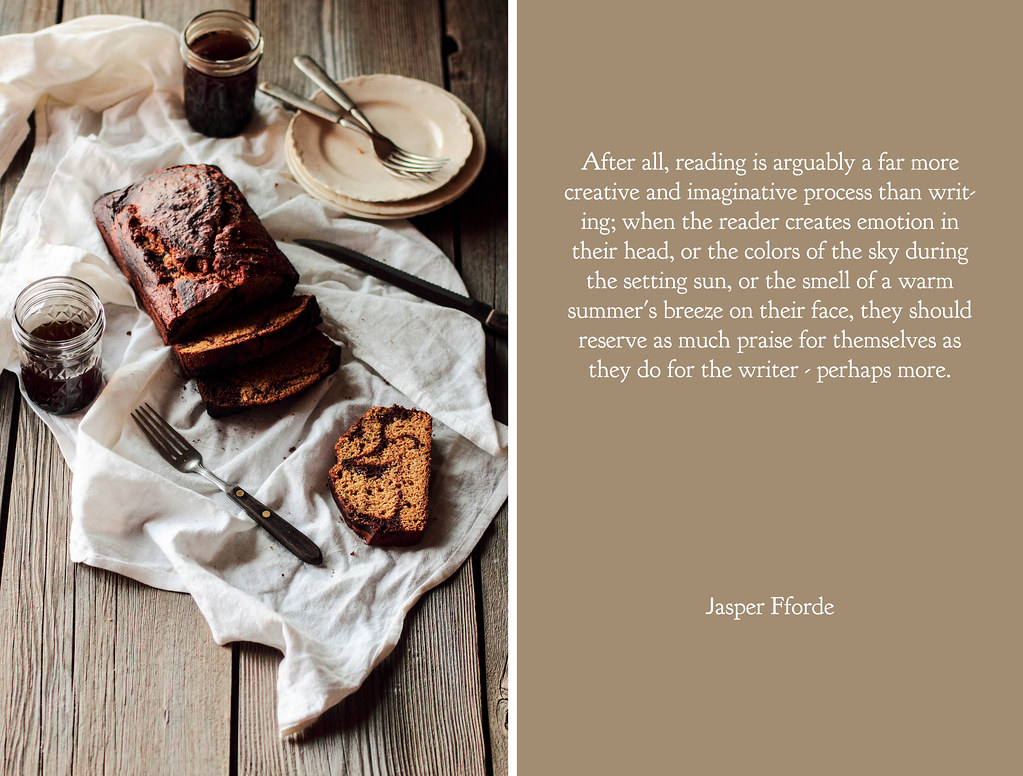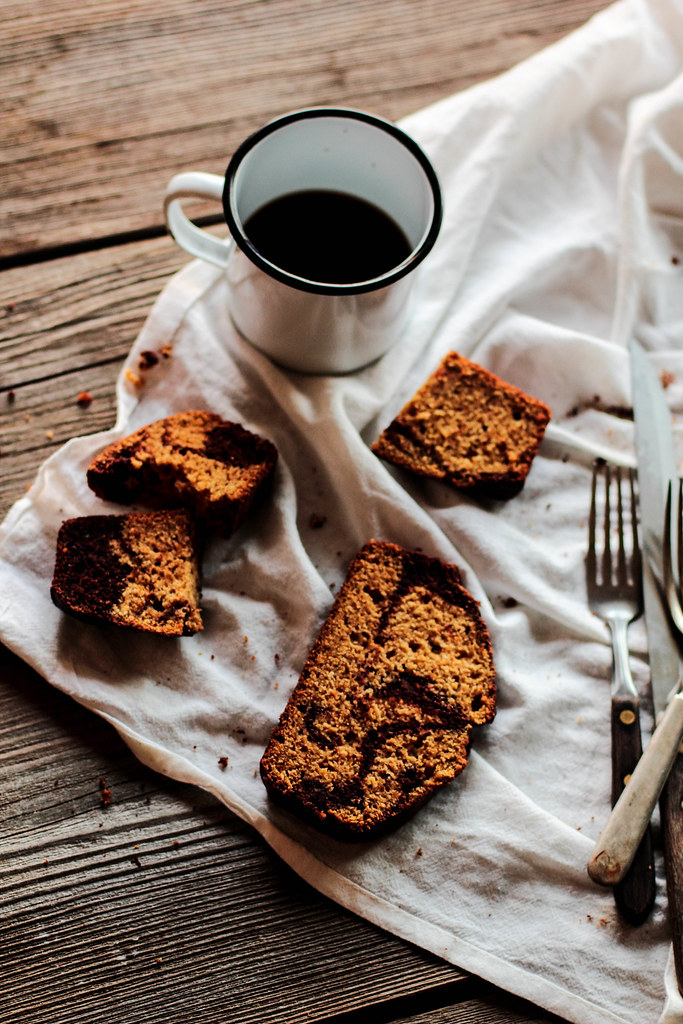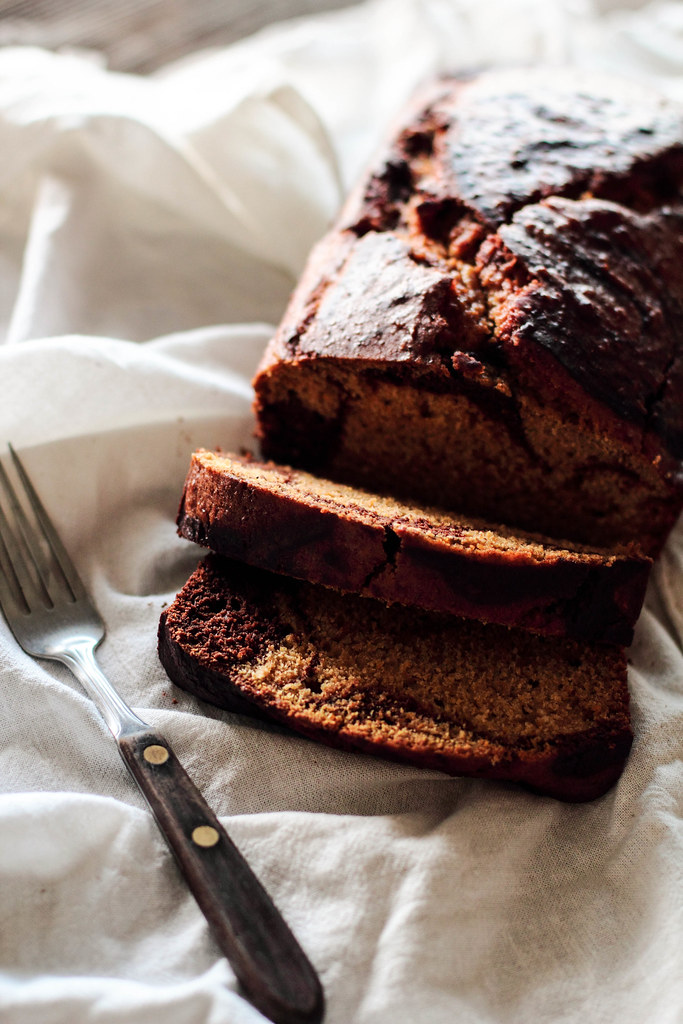
As far back as I can remember, I wanted to be a writer. I wanted to put pen to paper and release a story from somewhere deep within me. To give the mumbled, uncertain emotions swirling in my head a channel with which to escape. I wanted to release words from my fingertips with as much energy as the release of balloons into a deep blue sky.
Perhaps it may come as a surprise to you, but I've always been a little reserved. My tongue holds my thoughts prisoner, fighting against the rattling brain in my head that is eager to share them with the world. It's a personal, quiet battle I struggle with in slowly conquering that stubborn tongue of mine. In a way, writing has become an outlet to free the thoughts in my head. To give a voice to the words I cannot seem to speak aloud.

Even so, some days I have a love-hate relationship with writing. Writing is hard. More often than not, I end up staring at a blank computer screen when I sit down to write, the blinking of the cursor reminding me how much time is passing, my mind seeming to wipe itself clean. Though I love the process of writing once I begin, the process can be difficult to start. I have been known to avoid writing like it is a chore, pandering myself by visiting webpages or taking care of household business instead, trying to ignore the call of the white blank screen.
Yet, I cannot ignore the call forever. I eventually find myself in front of that same blank screen, discovering the determination to cover it with black ink. The need to write outweighs whatever feelings I may have about it. Perhaps, in many ways, that is the true mark of writer.

Even though I love sharing my thoughts and stories with you, I have always written for myself. I struggle to write for anyone else. When I settle down in front of the computer screen, I must forget that thousands of you may stumble across my words and read them—the thought is enough to stop even the bravest of writers mid-sentence. I can't write while I feel like someone is watching me; I'm afraid that person will read my words and find a way to judge me for them.
Even so, I wonder if I can truly be called a writer. The term is enigmatic, ascribing a certain measure of success and failure. If I am to be called a writer, I like to imagine that any eight year old girl with a head full of ideas and dull pencil in hand can be called by the same name too.
Writer or not, the need to write never changes. I plan on slicing myself another piece of this bread for inspiration when I find myself facing the next blank screen.

Marbled Butternut Squash Bread has a subtle sweetness with striking tones of color. Butternut squash meets the classic fall spices—cinnamon, nutmeg, and cloves—creating a moist and pleasantly dense loaf of bread. A third of the batter is mixed with cocoa before swirling into the rest, creating not only a marbled appearance, but a marbled flavor. The bread works well served with a simple butter spread but, if you are feeling a little adventurous, a bit of chocolate spread certainly wouldn't be amiss.
One Year Ago: Apple Cinnamon Steel Cut Oatmeal and Honey Cinnamon Roasted Chickpeas
Two Years Ago: Pumpkin Chocolate Chip Cookies
Marbled Butternut Squash Bread
Yields 1 loaf
1 1/2 cups (about 370 grams) butternut squash puree**
1/4 cup (60 ml) vegetable oil
1 cup (200 grams) brown sugar, packed
2 large eggs
1 teaspoon vanilla extract
2 cups (250 grams) all-purpose flour
1 teaspoon baking soda
1 teaspoon baking powder
2 teaspoons ground cinnamon
1/2 teaspoon ground nutmeg
1/2 teaspoon ground cloves
1/2 teaspoon salt
3 tablespoons unsweetened cocoa powder
Preheat oven to 350 degrees F (180 degrees C). Grease a 9 x 5-inch loaf pan.
In a large mixing bowl, stir together the butternut squash puree, oil, and sugar, mixing until uniform. Beat in the eggs one at a time, mixing well between additions. Beat in the vanilla extract. Gradually mix in the flours, baking soda, baking powder, spices, and salt.
In a medium bowl, mix together the cocoa powder with 3 tablespoons hot water until it forms a paste. Add 1/3 of the butternut squash batter and stir until incorporated. Set aside.
In order to achieve a marbled effect, mentally divide the loaf pan into 6 different sections. Pour the orange batter into 3 of the sections and the chocolate batter into the other 3 so that it alternates between the colors. Using a spoon, swirl the batter back and forth, taking care to not over-mix the batter. Bake the bread for 50-60 minutes, or until a toothpick inserted into the center comes out clean. Cool the bread in the pan for 10 minutes before transferring to a cooling rack to cool completely.
**To make butternut squash puree, roast a butternut squash in a 400 degree F (205 degrees C) oven for 25 minutes, or until fork tender. Peel the squash and place into a food processor (or blender) and process until smooth. Drain out any excess moisture.